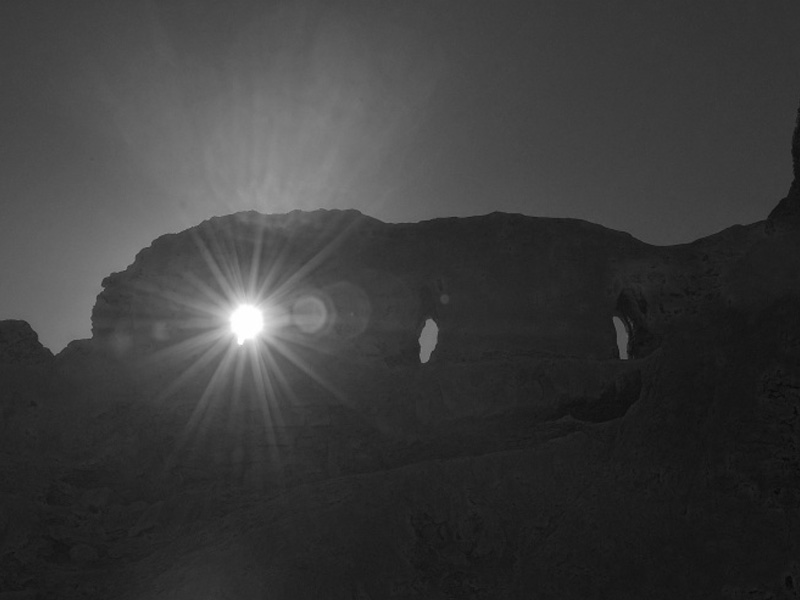



Attraction

Recreation

Abu Abdullah Muhammad ibn Ahmad ibn Yusuf al-Khorezmi
(died in 997 )
Encyclodedist scientist, philosopher, historian , astronomer, mathematician, chemist, expert in Islamic Studies
One of the founders of the classification of the sciences in the East
Biography
The birthday of Abu Abdallah al-Khorezmi is not determined yet. He spent his youth in the cities of Khorezm: in Khiva, Zamahshar and Kat, where he was born, lived, studied and also succeeded in many fields of knowledge. The scientist had lived in Khorasan for some time. He achieved the best results and knowledge when he served as katib – the kind of chancellerian (minister’s adviser) to Abul Hasan Ubaydallah ibn Ahmad al-Utbi (977-982). More likely, Al-Khorezmi often used to be in Bukhara for work. He visited emir’s famous library, where he spoke to many great scientists of that time, including, to his junior contemporary, Ibn Sino. He died in 997.
The Main Scientific Works
Al-Khorezmi was an encyclopedic scientist. He created a number of scientific works.
It should be underlined that the only work written by Al-Kharazmi preserved until our times, which had been written in Arabic as the majority of works of that time in Middle Asia, is a treatise “The Keys of Science” (“Mafatih al-ulum”) which is one of the only sources in history of development of sciences and their classification. In “The Keys of Science” consisting of 2 parts Al-Khorezmi expounded the meanings and content of 15 sciences. Chapter One consists of:
Fikkh – the Muslim jurisprudence;
Kalam – the dogmatic theology;
Grammar;
Office Work;
Theory of Poetry and Metrics;
History or Chronological Sciences.
Chapter Two consists of:
Philosophy;
Logic;
Medicine;
Arithmetic;
Geometry;
Astronomy;
Music;
Mechanics;
Chemistry.
This work was created between 976 and 991.
Contribution to the World Science
The famous encyclopedic scientist made a lot of contribution to many famous sciences of his time. Particularly in:
Philosophy: he was one of the first scientists of medieval times who made a great contribution to elaboration of problem of classification of sciences which is considered to be an ethalon of science development. He also enriched this field of science theoretically;
History: he expounded new information on the history of Old Yemen, Ancient Greece and the age of ignorance (jakhiliya) on Arabian Peninsula;
Literature: he expounded and enriched various genres;
Philology: he gave short, capacious and precise explanations to many terms of all sciences of his time in a very simple and accessible way.
World Recognition
Nowadays the only work by Al-Khorezmi, which had been published in Arabic in complete edition on the basis of the manuscript in 1163 by a Dutch scholar van Floten, attracted a great attention of many famous scientists of the world. It was studied as one of few sources on the history of development of science in the Middle Ages by German, English, American, Arabian, Russian, Uzbek, Iranian, Indian, Malaysian, Turkish and French scientists.
The work of Al-Khorezmi as one of the biggest works in medieval times, was recognized by many scientists both West and East. For example, the great German scientist Brokelman K. recognizes the work as the encyclopedia which can get a lot of information in many scientific fields and short answers to all of this. Another famous German scientist Videman E. recognizes Al-Khorezmi as the maker-up of the first muslim encyclopedia. The explorer of the ancient alchemistry, medicine and other disciplines German scientist Ruska U. points to “The Keys of Science” as the source for alchemestry in the X century. The famous Russian scientist Krachkovskiy I. picks out the work of Al-Khorezmi as a sourse which is consisted of the important information in geography literature. The famous American historian Sarton J. considers the work of Al-Khoezmi as the main source for studying science and culture in Medieval times.